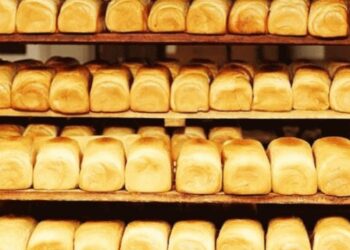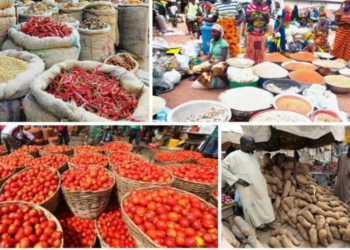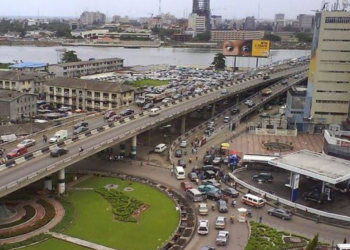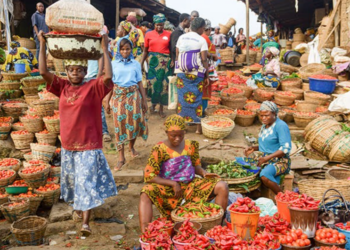Nigeria’s consumer price index, which measures inflation dropped to 11.08% in July 2019. This was revealed in the latest inflation report released by the National Bureau of Statistics (NBS).
According to the NBS report, inflation dropped by 0.14% points year-on-year, lower than the 11.22% rate recorded in June 2019.
Similarly, food inflation dropped to 13.39% from 13.56%, while core inflation dropped to 8.80% from 8.84% recorded in the previous month.
The Food Index: In July 2019, food inflation slowed down at 13.39% from 13.56% recorded in the previous month. The average change of the food sub-index over the 12-months average was 13.46%, which was 0.04% points higher than the average annual rate of change (13.43%) recorded in June 2019.
According to the Bureau, the rise in the food index was caused by an increase in prices of oils and fats, meat, bread and cereals, potatoes, yams and other tubers, and fish.
Core Inflation: Nigeria’s core inflation, which proxies all items less farm produce, stood at 8.80% in July 2019 as against 8.84%. On a month-on-month basis, the core inflation sub-index increased by 0.77% in July 2019.
NBS revealed that the highest price increase was recorded in items such as Medical and hospital services, cleaning, repair and hire of clothing, repair of household appliances, major household appliances, domestic and household services.
Rural and Urban Inflation: The report shows that urban inflation dropped to 11.43% from 11.61% on a year-on-year basis, while the rural inflation rate increased by 10.64%. On a month-on-month basis, the urban index rose by 1.10% in June 2019, up by 0.05point.
The urban index also rose by 1.07% in July 2019, down by 0.03 points from the 1.10% recorded in June 2019. On the other hand, the rural index rose by 0.96%, down by 0.09 from the rate (1.05%) recorded in June 2019.
Insights: A closer look at the inflation data shows that with the latest report, Nigeria’s inflation rose the slowest in over three years. Nigeria last recorded inflation rate lower than 11.08% in January 2016 when it stood at 9.62%, while it hit a high of 18.55% in December of the same year.
However, following the drop in July, it means inflation has dropped for five months in 2019. It dropped in January, February, March, June and July.

What a drop in inflation means: Basically, a drop in inflation means a slow rise in the prices of goods. The drop does not necessarily mean market prices of goods have dropped but price items only witnessed a slow rise.
Although Nigeria’s inflation grew the slowest in over three years, the 11.08% inflation rate still shows several goods recorded price increase in the month. As rightly noted by the NBS, prices of oils and fats, meat, bread and cereals, potatoes, yam and other tubers and fish all triggered the double-digit inflation posted in July.
The Nigerian economy: In the economy, key economic agents respond differently to movement in an important indicator like inflation. Specifically, a slow rise in inflation can largely improve investors’ confidence due to the growth prospect it suggests.
- To firms, this suggests potential improvement in business activities, as consumption in the economy may rise following a drop in inflation. Hence, companies’ revenue may improve as aggregate demand inches up.
- To individuals, this means an improvement in the purchasing power of the consumers to buy goods and services. The ability to buy more with the same income.
- Lastly, for policymakers like the Central Bank of Nigeria, the latest drop in inflation rate falls in line with its inflation targeting policy, aimed at driving inflation to a single digit.





















well detailed and apt
nice write up Boss